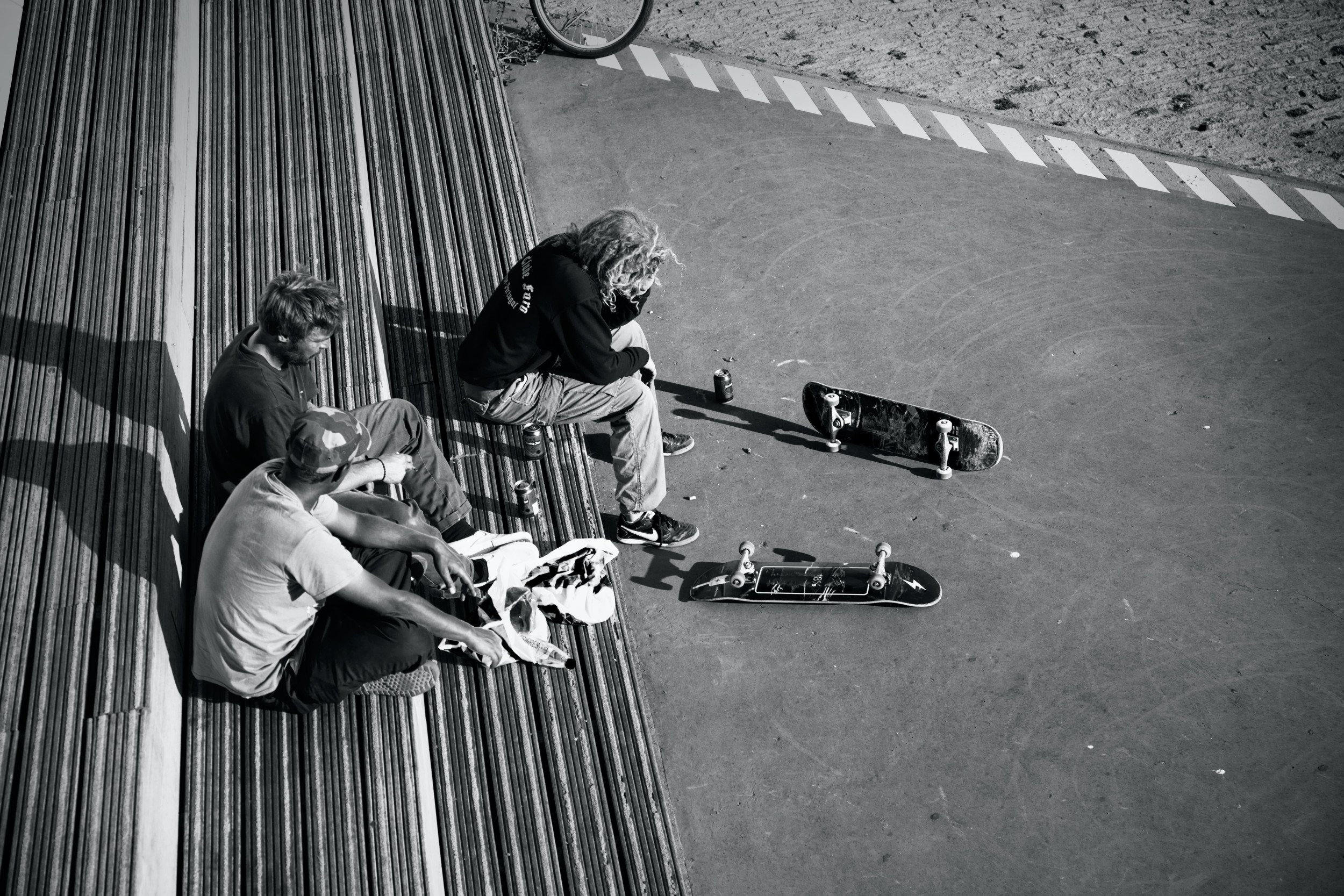As parents search for tools to help their troubled teens, we are often asked if residential treatment centers are the same as inpatient care. On the surface the two are similar, requiring their patients to board at the facility and generally utilized for intensive treatment. However, once you closely examine the two types of treatment, differences emerge.
Difference In Focus Between Residential Treatment And Inpatient
While both types of treatment focus on patients in need of intensive therapeutic help, the two treatments focus on different treatment aspects.
Inpatient treatment:
- Emphasis on medical intervention
- Focuses on the immediate crisis and stabilizing the patient
- Works to correct symptoms, not the causes
- Acute detox for patients who have abused substances
- Short-term solution to problems, lasting generally between 1-3 months
Residential treatment:
- Emphasis on therapeutic intervention
- Works with patient to prepare them for life beyond treatment
- Engages in multiple types of therapeutic treatment to address causes of crisis
- Sub-acute detox, working with patients who have urges but no withdrawal symptoms
- Long-term treatment solution, with stays generally starting at 6 months in duration
Care Distinctions Between Inpatient And Residential Treatment
Another area where large distinctions come up is when discussing the care received at the different types of treatment facilities. While both are excellent in the care they provide to those requiring their services, because of the different focuses in treatment, patients are treated differently depending on the care center.
Inpatient treatment:
- Medical care – There is generally more medical personnel in an inpatient facility because they are generally working with people who are facing a crisis situation, such as substance abuse withdrawals or severe mental health issues.
- Living accommodations – Since inpatient facilities are generally short-term solutions, they are laid out in a clinical fashion. Some inpatient units are located inside of hospitals while others are separate facilities. These facilities are also usually locked facilities and patients cannot generally leave the grounds.
- Activities available – Patients are limited to activities which can be done within the inpatient unit. Some have spaces for exercise and groups activities but it is not the focus of the treatment. Academics generally are left until the patient leaves treatment.
Residential treatment:
- Medical care – Less medically intense than inpatient, residential treatment centers still have medical professionals on staff. There should be several registered nurses, licensed therapists, staff trained in first aid, and an on-call doctor.
- Living accommodations – As the “residential” part of residential treatment invokes, these treatment centers are generally more homey and comfortable than inpatient. Residents can become more settled in and the entire environment is more inviting. Also, these centers are generally not locked units so residents can leave the campus under the guidance of parents and staff.
- Activities available – As residential treatment programs are long-term solutions, more activities are built into the daily lives of the residents. Troubled teens will have time in their schedule for exercising, academics, therapy, and entertainment.
Deciding Which Type Of Treatment Your Troubled Teen Needs
You can now likely see that while inpatient and residential treatment is similar in purpose, they fill your teen’s needs at different stages. In severe cases where your teen is struggling with addiction or a mental health crisis, you may want to use a combination of inpatient care that transitions into residential treatment. If you contact us, one of our counselors can work with you to determine what would be most beneficial for your troubled teen.











0 Comments